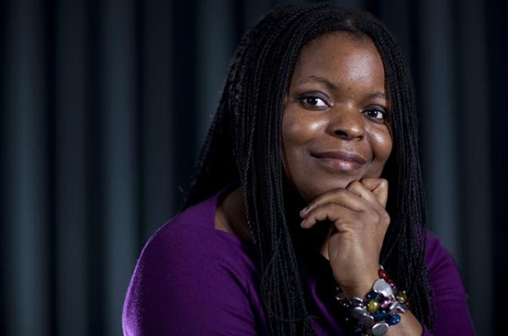×
The Standard e-Paper
Smart Minds Choose Us

Human beings often experience prejudice of one form or the other but each person deals with it differently depending on personality, exposure, or the circumstances in which one finds oneself.
Such discrimination and the injustice that often accompanies it affect individuals differently but can have long-term effects.